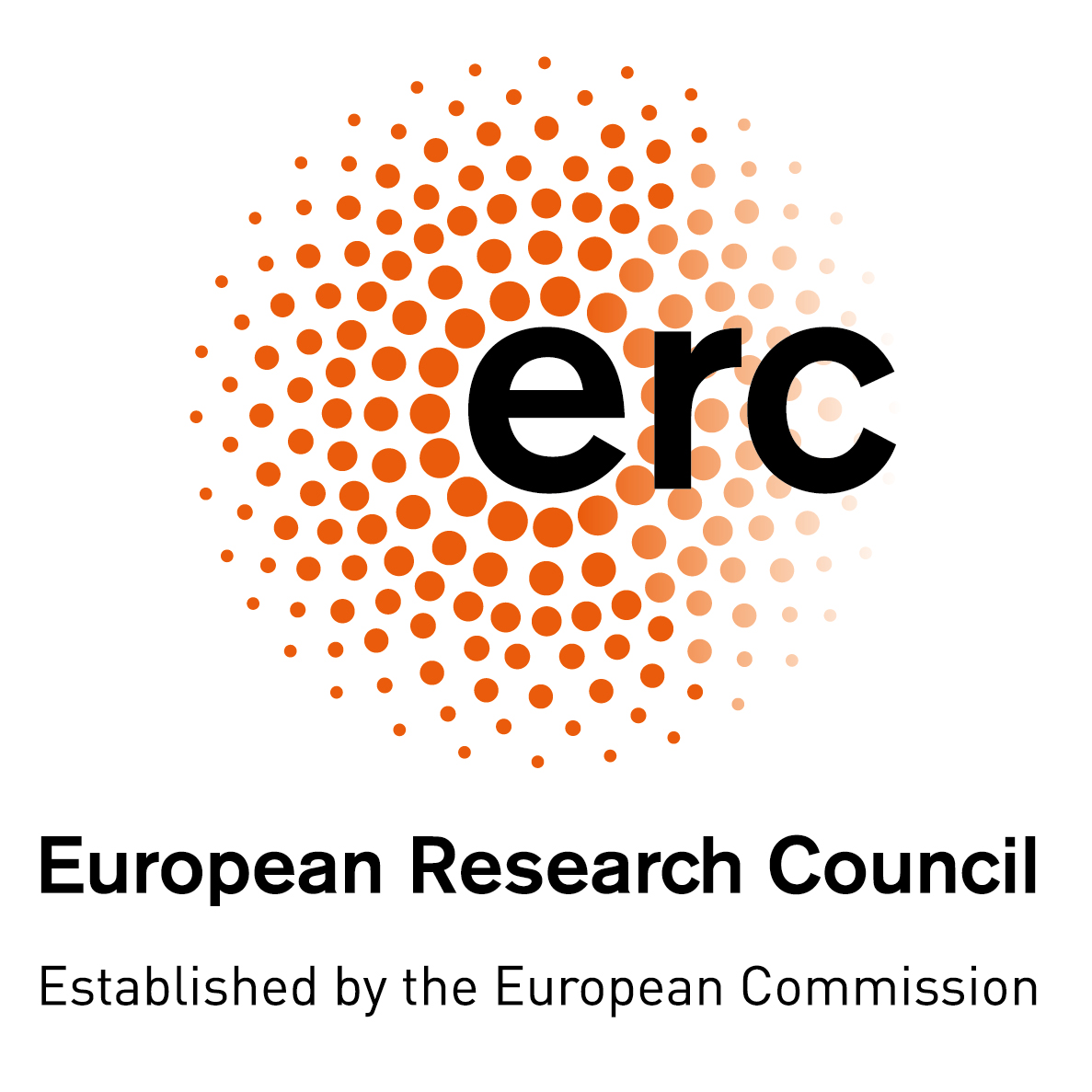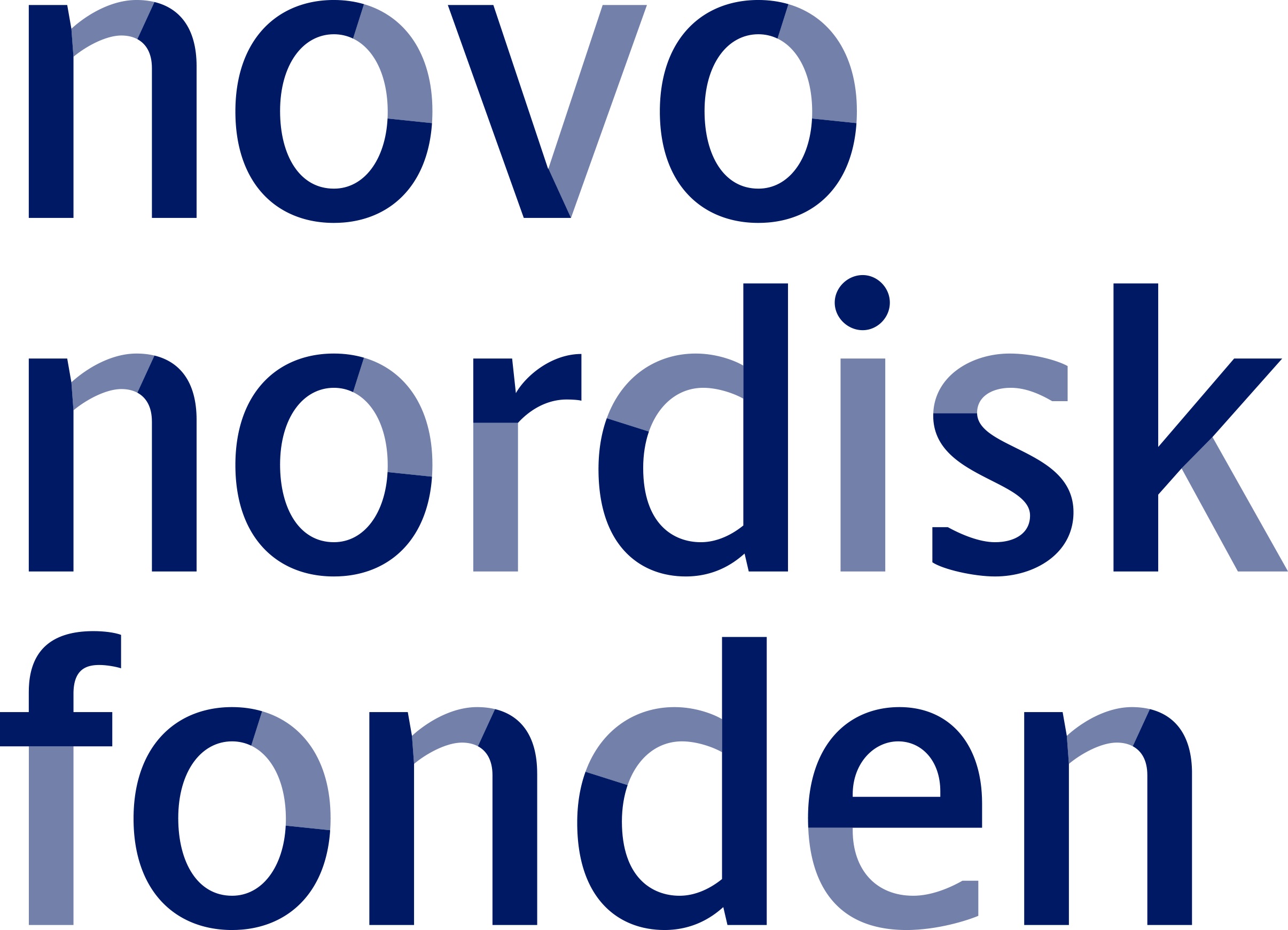Stewart-Morgan Group
Our laboratory investigates the roles of the epigenome throughout the lifespan of germ cells, using molecular cell biology and functional genomics techniques in both in vitro and in vivo mammalian systems.
Germ cell quality is crucial for fertility and embryonic development. Post-fertilization, the egg and sperm each contribute their epigenome to the fertilized zygote. The information transmitted from gametic epigenomes to the conceptus is crucial for proper development, as evidenced by the pathologies that arise when this information is lost or absent post-fertilization, including imprinting disorders and pregnancy loss. Gametogenesis entails rapid and extensive epigenetic reprogramming, which results in the establishment and subsequent maintenance of unique epigenetic landscapes in the oocyte and sperm. We investigate the roles of the epigenome in gametogenesis from fundamental and functional perspectives, using the mouse as our model system.
A cell’s epigenome is composed of its cell type-specific chromatin landscape and acts to preserve cell identity. In mammals, primordial germ cells experience the most extensive epigenetic reprogramming of any cell type. This reprogramming erases the chromatin landscape that defines somatic cells and prevents deleterious epimutations from being passed to the next generation. Following this erasure, the oocyte and sperm epigenomes are progressively established at later stages of oogenesis and spermatogenesis. These epigenetic changes span multiple events in gametogenesis, including PGC migration, sex specification, and meiosis, as well as distinct stages of proliferation and replicative quiescence. Using mouse genetics and molecular cell biology and next-generation sequencing methods, we aim to understand how these epigenetic dynamics influence gamete quality and function.
Stewart-Morgan KR, Petryk N, Groth A. Chromatin Replication and Epigenetic Cell Memory. Nature Cell Biology (2020) 22(4): 361-371.
Stewart-Morgan KR, Reverón-Gómez N, Groth A. Transcription restart establishes chromatin accessibility after DNA replication. Molecular Cell (2019) 75(2): 284-297.
Reverón-Gómez N*, González-Aguilera C*, Stewart-Morgan KR*, Petryk N, Flury V, Graziano S, Johansen JV, Jakobsen JS, Alabert C, Groth A. Accurate recycling of parental histones reproduces the histone modification landscape during DNA replication. Molecular Cell (2018) 72(2): 239-249.
Stewart KR*, Veselovska L*, Kelsey G: Establishment and functions of DNA methylation in the germline. Epigenomics (2016) 8(10): 1399-1413.
Stewart KR, Veselovska L, Jessum K, Huang J, Saadeh H, Tomizawa S-I, Smallwood SA, Chen T, Kelsey G: Dynamic Changes in Histone Modifications Precede de novo DNA Methylation in Oocytes. Genes & Development (2015) 29: 2449-2462.
*co-first authors.
We welcome applications from motivated pre- and postdoctoral researchers, as well as bachelor and master students. For more information, please contact mlj671@ku.dk.
Group Leader
 Kathleen Stewart-Morgan
Kathleen Stewart-Morgan
Associate Professor
kathleen@sund.ku.dk
(+45) 35 33 43 07
CV, publications, etc



